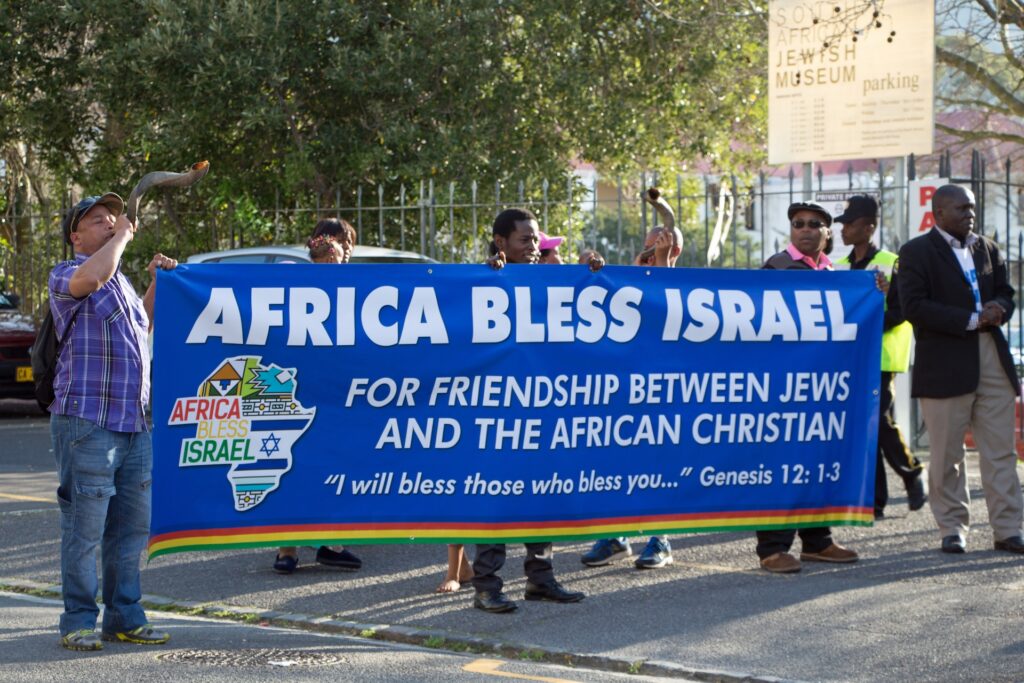The US Law Restricting Satellite Imagery of Palestine-Israel
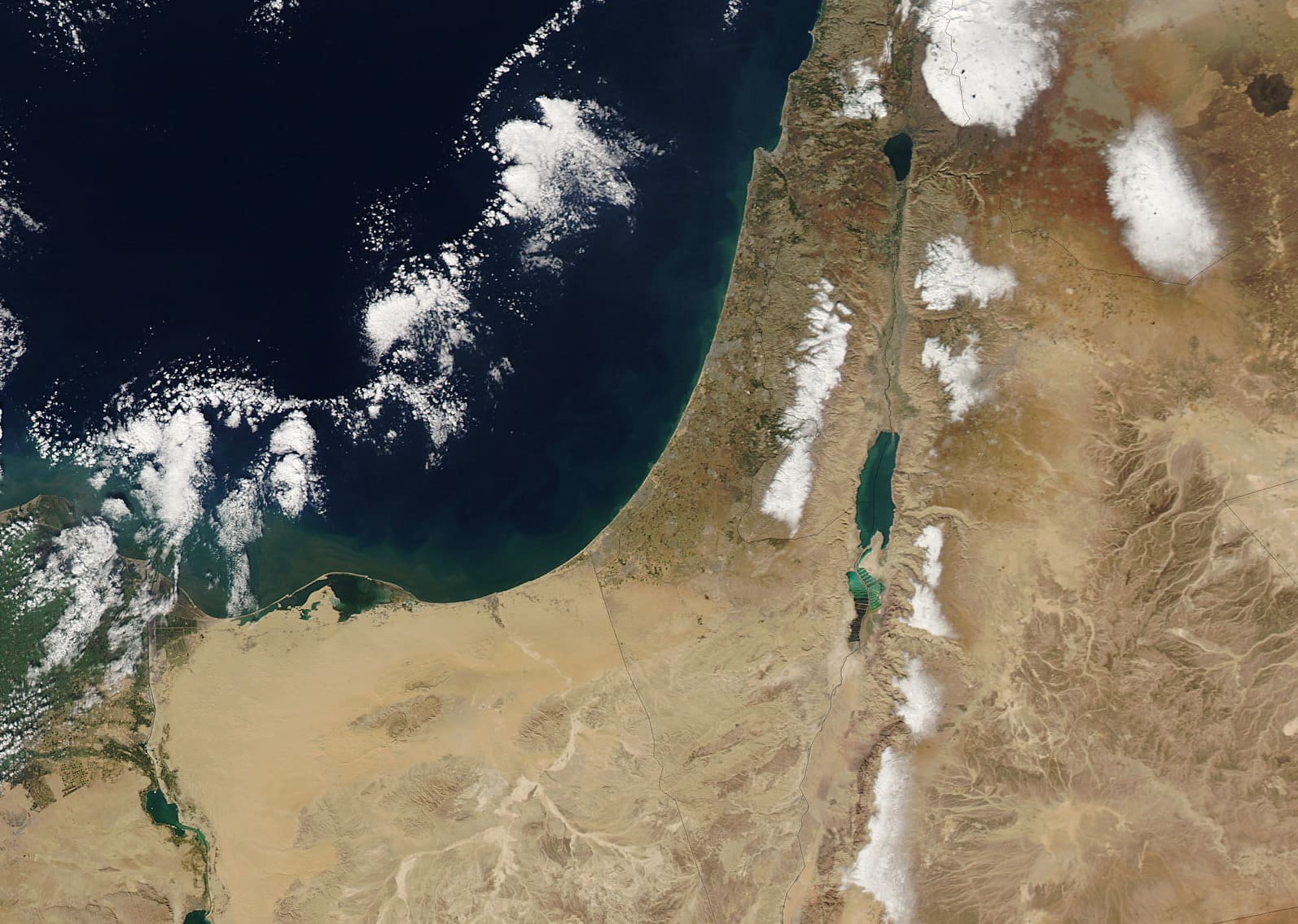
The Kyl-Bingaman Amendment, passed by the US Congress in 1997 under the pretext of protecting Israel’s national security, prevents US satellite operators and retailers from selling or disseminating high-resolution images of Palestine-Israel. Al-Shabaka US Policy Fellow 24598 argues that the legislation is an act of censorship that also harms US business, and calls for its dissolution.
Donor Perceptions of Palestine: Limits to Aid Effectiveness
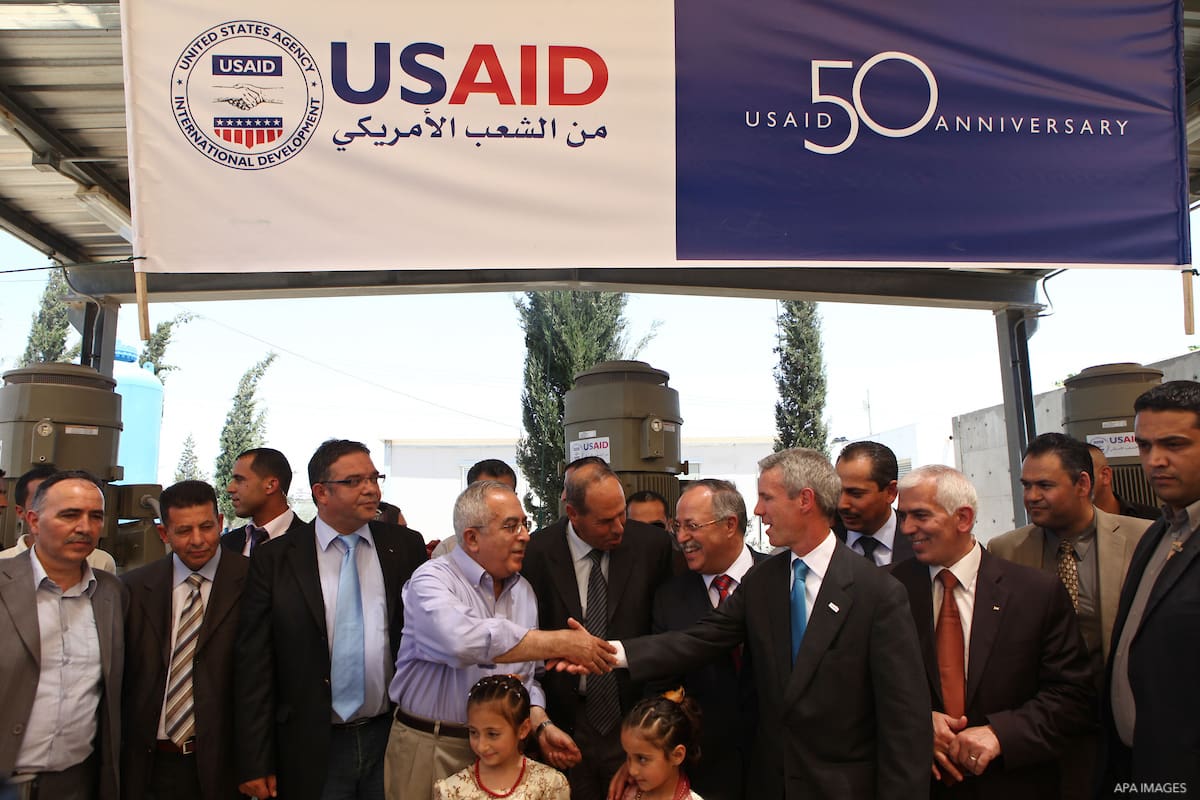
Though Western donors have poured billions into the Palestinian economy since the Oslo Accords, the funds have not resulted in development and regional peace. Al-Shabaka Policy Analyst Jeremy Wildeman examines and compares donor perceptions of Palestine through an assessment of donor reports to comprehend how donors have contributed to this result, and recommends Palestinian sovereignty over the aid process.
Israel’s Stranglehold on Area C: Development as Resistance
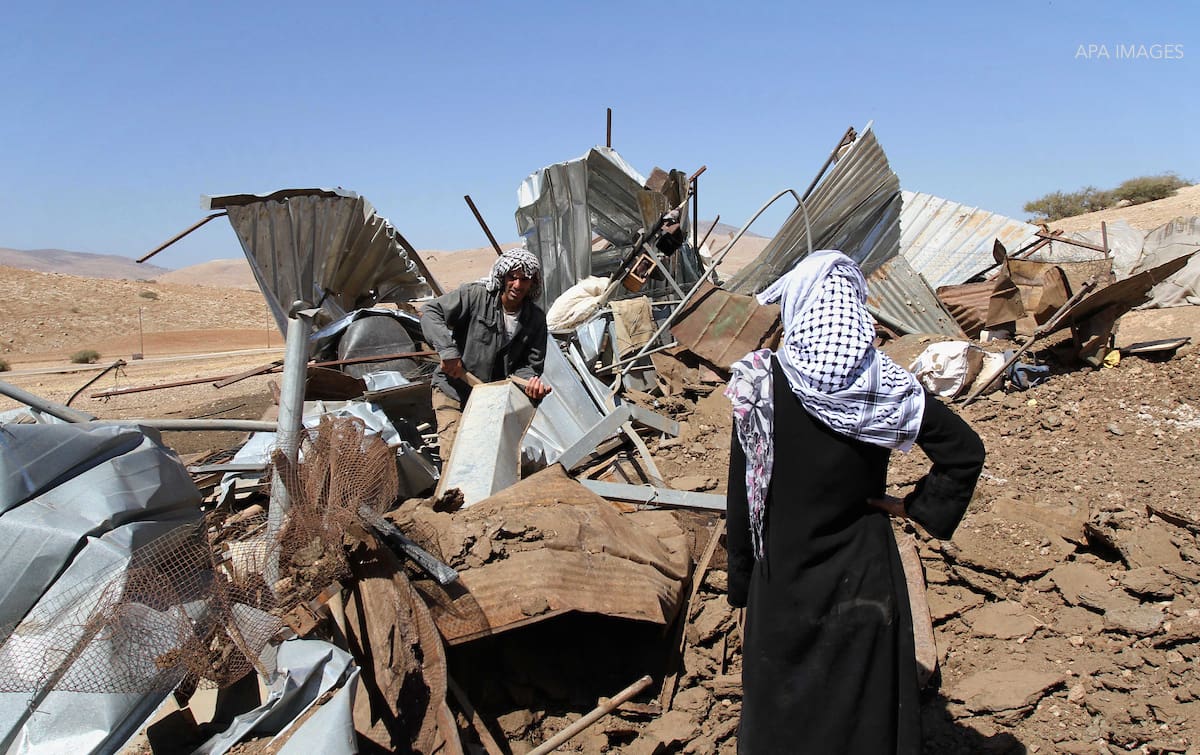
Five decades of occupation have severely limited Palestinian development, and nowhere is this more apparent than in Israel-controlled Area C. Al-Shabaka Policy Analyst 24352 examines development as a vehicle for Palestinian steadfastness and resistance in Area C and beyond, and recommends ways Palestinians can advocate for development projects that would serve them for generations to come.
Satellite Imagery and the Palestine-Israel Exception
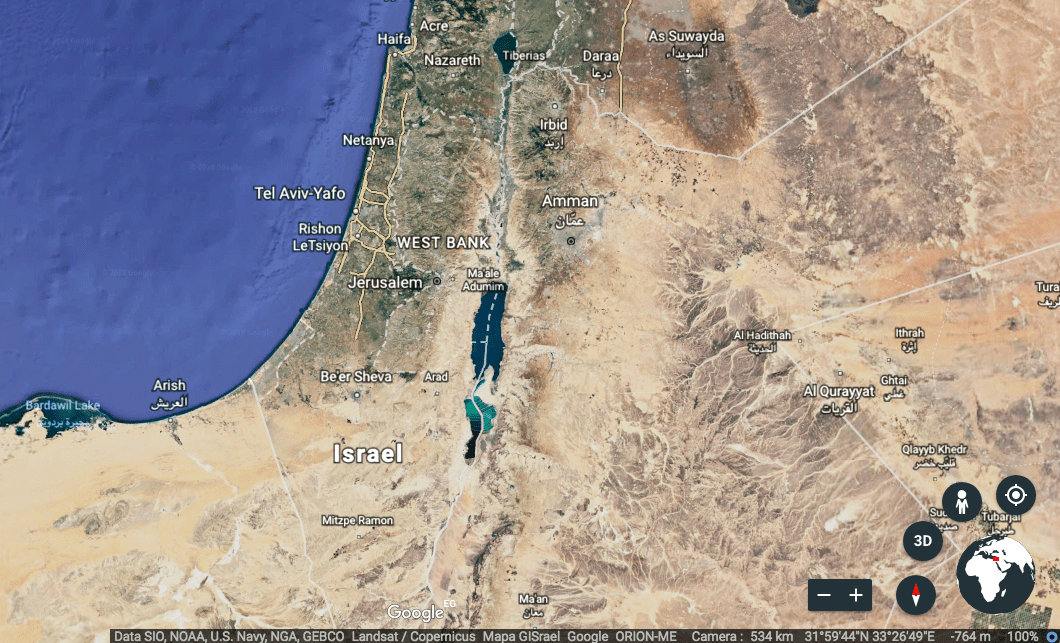
The rules that apply to the rest of the world have long applied differently to Palestine-Israel, and this even extends to satellite imagery. Al-Shabaka US Policy Fellow 24598 examines how a US law limits such imagery’s quality, circumscribing research as well as the documentation of Israeli human rights violations, and recommends ways to correct this wrong.
The UN Database on Business in Israeli Settlements: Pitfalls and Opportunities
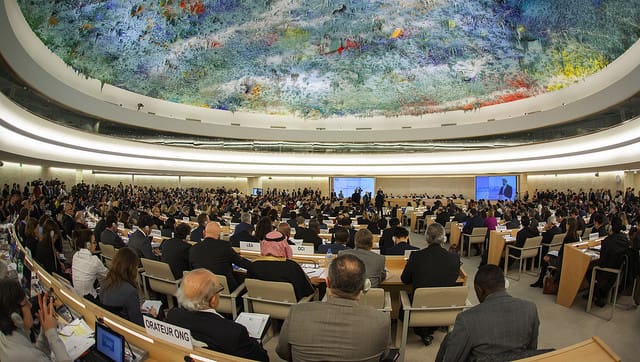
Israeli settlements violate international law, but so too do business dealings with them. Al-Shabaka Analyst Valentina Azarova examines the recent UN database of such businesses, arguing that it can protect states and their nationals and be applied to other country contexts. She also discusses how the UN, states, and Palestinians can counter claims that the database is a blacklist against Israel.
Keeping Palestinian Women in Israel on the Economic Margins
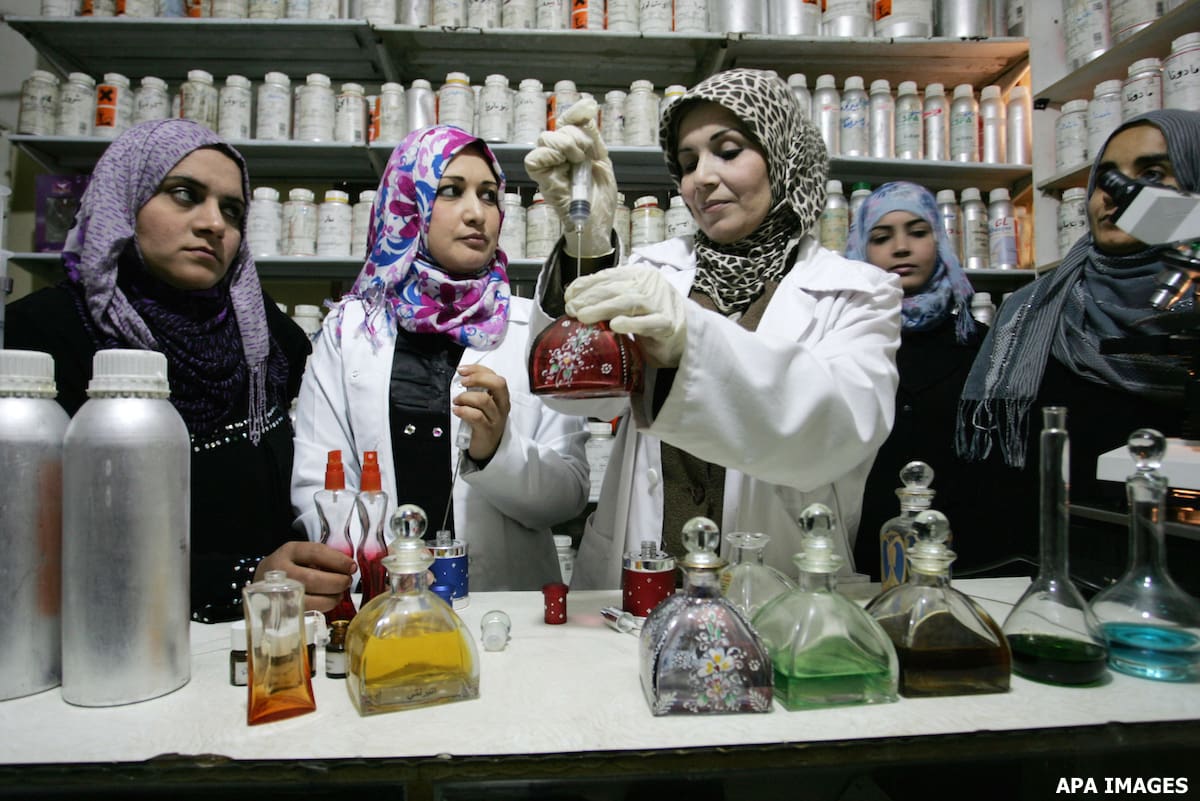
Palestinian women in Israel have one of the world’s lowest labor participation rates, while their Jewish counterparts have one of the highest. Al-Shabaka Policy Analyst 24567 argues this is not simply a result of “Palestinian culture” or “Islam,” but of Israeli state policies, and recommends ways Palestinians can promote Palestinian women’s rights in Israel.
Rethinking Our Definition of Apartheid: Not Just a Political Regime
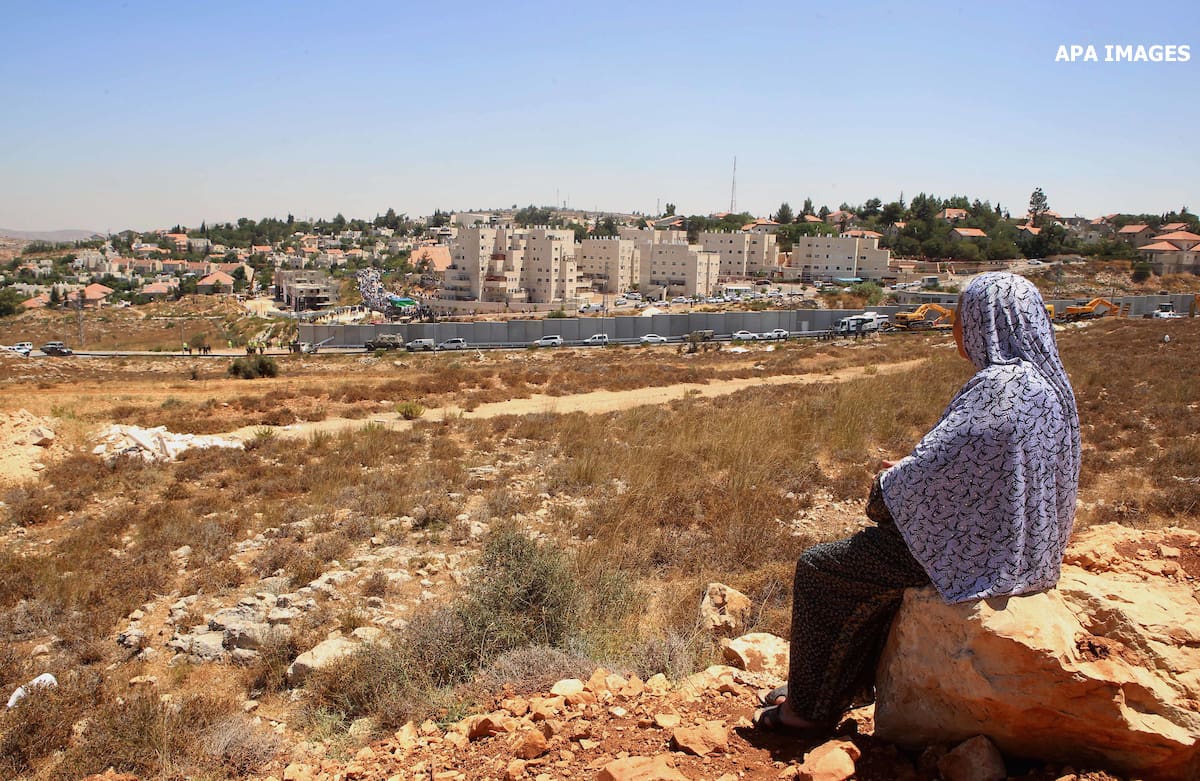
Though apartheid is an important framework for challenging Israeli rule, Al-Shabaka Analyst Haidar Eid and Guest Contributor 24373 argue that true justice can only come by recognizing apartheid as not only a system of racial discrimination, but also of racial capitalism. Drawing on the South African example, the authors recommend ways to move the analysis forward.
How Israel Uses Gas to Enforce Palestinian Dependency and Promote Normalization

The Israeli occupation does not only exist above ground. Al-Shabaka Policy Fellow Tareq Baconi examines how Israel enjoys a gas bonanza while barring the Gaza Strip from tapping its own fields. He argues that Palestinian dependency on Israeli energy amidst US calls for “economic peace” undermines Palestinian rights, and suggests ways to challenge this status quo.
How Israeli Settlements Stifle Palestine’s Economy
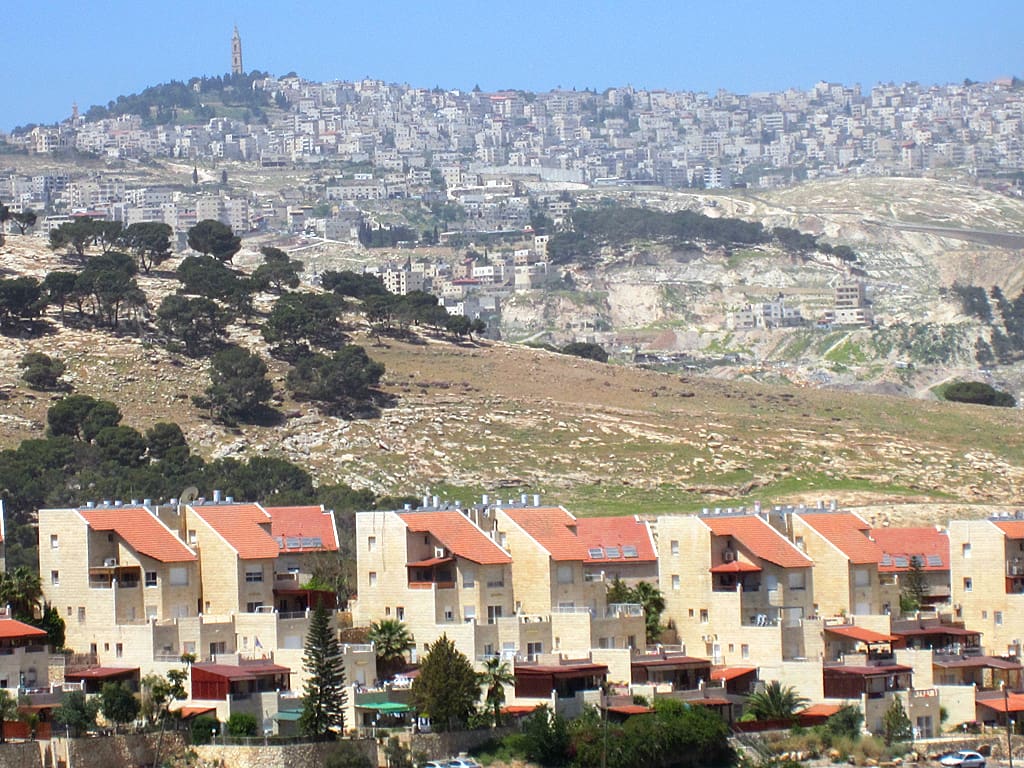
Israel is marshaling pro-Israel forces in Europe as well as in the US against the European Union’s recently issued guidelines on labeling some of its settlement products, for fear that this will lead to stronger measures. Al-Shabaka’s Nur Arafeh, Samia al-Botmeh and Leila Farsakh debunk Israel’s arguments both as regards the impact on the Palestinian economy as well as on Palestinian workers.






